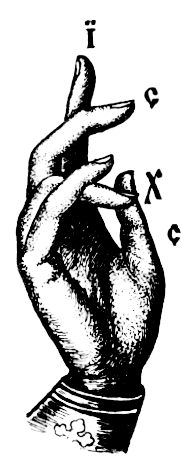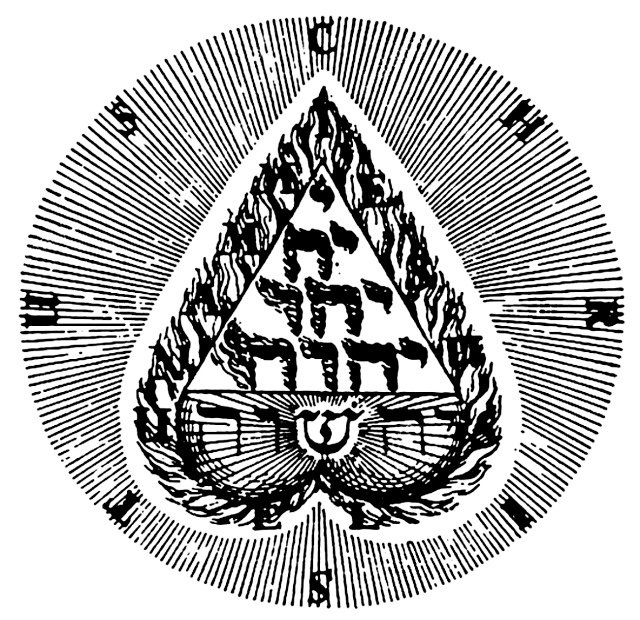Ehud versus Eglon (Judges 3)
- טימותי לורנס
- Dec 29, 2021
- 5 min read
Updated: Feb 2, 2022
And the people of Israel again did what was evil in the sight of the LORD, and the LORD strengthened Eglon the king of Moab against Israel, because they had done what was evil in the sight of the LORD.
He gathered to himself the Ammonites and the Amalekites, and went and defeated Israel. And they took possession of the city of palms.
And the people of Israel served Eglon the king of Moab eighteen years.
Then the people of Israel cried out to the LORD, and the LORD raised up for them a deliverer, Ehud, the son of Gera, the Benjaminite, a left-handed man. The people of Israel sent tribute by him to Eglon the king of Moab.
And Ehud made for himself a sword with two edges, a cubit in length, and he bound it on his right thigh under his clothes.
And he presented the tribute to Eglon king of Moab. Now Eglon was a very fat man.
And when Ehud had finished presenting the tribute, he sent away the people who carried the tribute.
But he himself turned back at the idols near Gilgal and said, “I have a secret message for you, O king.” And he commanded, “Silence.” And all his attendants went out from his presence.
And Ehud came to him as he was sitting alone in his cool roof chamber. And Ehud said, “I have a message from God for you.” And he arose from his seat.
And Ehud reached with his left hand, took the sword from his right thigh, and thrust it into his belly.
And the hilt also went in after the blade, and the fat closed over the blade, for he did not pull the sword out of his belly; and the dung came out.
Then Ehud went out into the porch and closed the doors of the roof chamber behind him and locked them.
When he had gone, the servants came, and when they saw that the doors of the roof chamber were locked, they thought, “Surely he is relieving himself in the closet of the cool chamber.”
And they waited till they were embarrassed. But when he still did not open the doors of the roof chamber, they took the key and opened them, and there lay their lord dead on the floor.
Ehud escaped while they delayed, and he passed beyond the idols and escaped to Seirah.
When he arrived, he sounded the trumpet in the hill country of Ephraim. Then the people of Israel went down with him from the hill country, and he was their leader.
And he said to them, “Follow after me, for the LORD has given your enemies the Moabites into your hand.” So they went down after him and seized the fords of the Jordan against the Moabites and did not allow anyone to pass over.
And they killed at that time about 10,000 of the Moabites, all strong, able-bodied men; not a man escaped.
So Moab was subdued that day under the hand of Israel. And the land had rest for eighty years. - Judges 3:12-30 ESV
Like many people, I was raised on the King James translation and I truly think that it is the most beautiful English translation that we have. That being said, I have been using the English Standard Version more and more. Like the KJV, the ESV is a word-for-word translation of the original Hebrew, Aramaic and Greek; however it uses modern English terminology that can be easier to understand. Of course, if you have been following my blog, you will know how I feel about biblical translations in general, none of them deliver the depth of understanding of the original languages, especially the Hebrew OT. I like how the KJV uses the term "dirt" instead of "dung" in verse 22:
And the haft also went in after the blade; and the fat closed upon the blade, so that he could not draw the dagger out of his belly; and the dirt came out. Judges 3:22 - KJV
Something that's notable about this particular verse is the fact that it also includes a hapax legomenon. A hapax legomenon is a Greek term used for any word that is used only once throughout The Holy Bible. According to Wikipedia, "the number of distinct hapax legomena in the Hebrew Bible is 1,480 (out of a total of 8,679 distinct words used). However, due to Hebrew roots, suffixes and prefixes, only 400 are "true" hapax legomena." So, even though there are several of them, they're still pretty rare. I have noticed that there are serval hapax legomena used throughout The Book of Job, which is a very mysterious book, to say the least, especially from a Hebrew perspective. The hapax legomenon that is used in Judges 3:22 is the Hebrew word Haparshedonah ( הפרשדנה ) that is translated as "dung" in ESV and "dirt" in KJV. Parshedonah is Strong's Hebrew Number 6574 and is of "uncertain derivation" with a definition of "perhaps crotch". I must assume that the translators came up with "dirt" or "dung" based on the context of how it being used. This is very strange to me as the root word Parshe ( פרש ) seems to translate to horseman; which is not even close. Since there is no other use of it anywhere, there's nothing to compare it to for further examination.
To me, this is one of the coolest little stories in the OT. It reminds me of The Godfather Part 2, when Vito Corleone returns to Italy to avenge his father's death.
So, who is the Ehud? We really don't know much about him, other than he was the second judge of Israel, followed by Othniel. Othniel, who was the first judge mentioned, delivered Israel from 8 years of Mesopotamian bondage, after that we are told that Israel had 40 years of peace, before they sinned again in the eyes of G*d. Then comes 18 years of Moabite bondage, which Ehud delivers Israel from, followed by 80 years of peace.
We know that Ehud was a left-handed man, which is very significant, as the left-hand side is the side of judgement (as opposed to the right-hand side, which is the side of loving kindness and mercy) and we see this played out when Ehud kills Eglon, the King of Moab. Being left-handed also serves as an advantage for Ehud, as he was able to draw his weapon without being noticed. Also, Moab has an interesting back-story as well, as this place came about through the incestuous union of Lot the oldest of his two daughters, after they fled from Sodom. I wrote a very in depth commentary about this that you really should read in order to help tie of all this together:
You can find that here:
Another interesting thing about this story is that in the original Hebrew, in verse 22, when Ehud stabs Eglon his his belly; the Hebrew word used here for "belly" is "Beten" ( בבטן ). What makes the choice of this word interesting is the fact that Beten is a feminine noun and is the term used as "womb" several times throughout the Hebrew OT. So, from the use of this feminine noun, the seems to allude that Eglon was possibly an effeminate character of some sort. Other than that, I have not been able to find any other in-depth commentary about this story, YET. I'm always studying and learning new things, so as soon as I do, I will be sure to post an update on this one.
הרבה אהבה וברכה
Much Love and Blessings!


















One of the coolest stories man